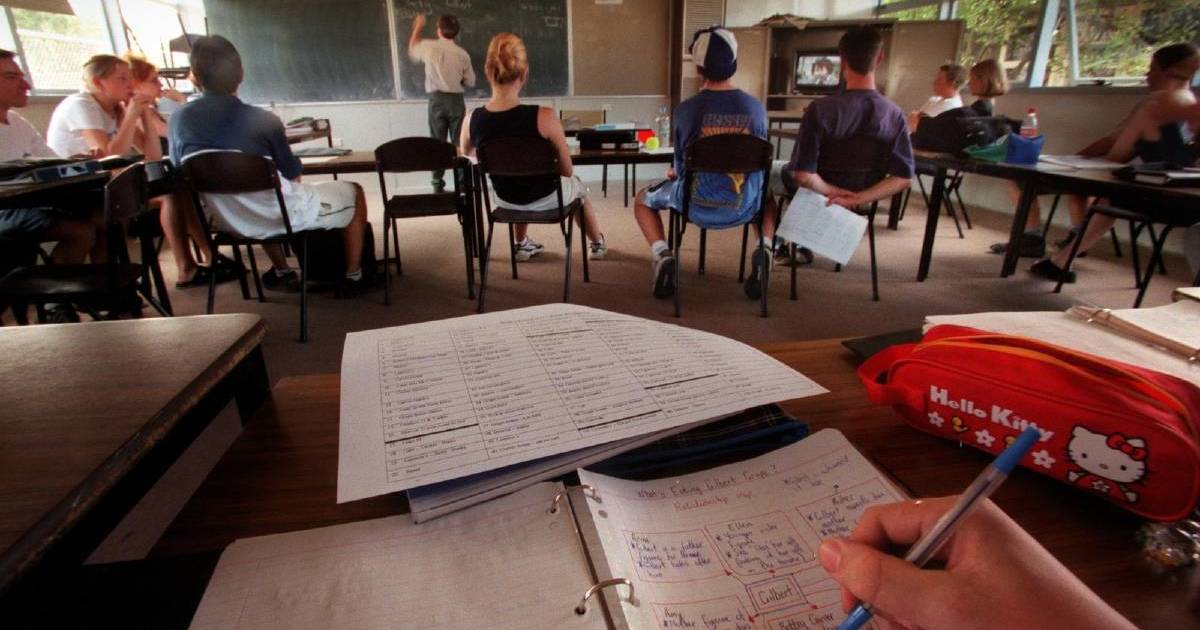raskolnikov
Cancelled
There's always been quite a few kids out my way that barely even go to school even from a young age, why the government or general pubic don't seem to care and bother to do anything about it is beyond me.
What do you suggest they do? I have friends. The husband was a principal at a school in a community which had a large absentee rate. He did everything in his power to try to get them to attend. In return he copped verbal, and at times physical, abuse. He is now suffering from PTSD and his wife is now his carer. It's much easier said than done.





